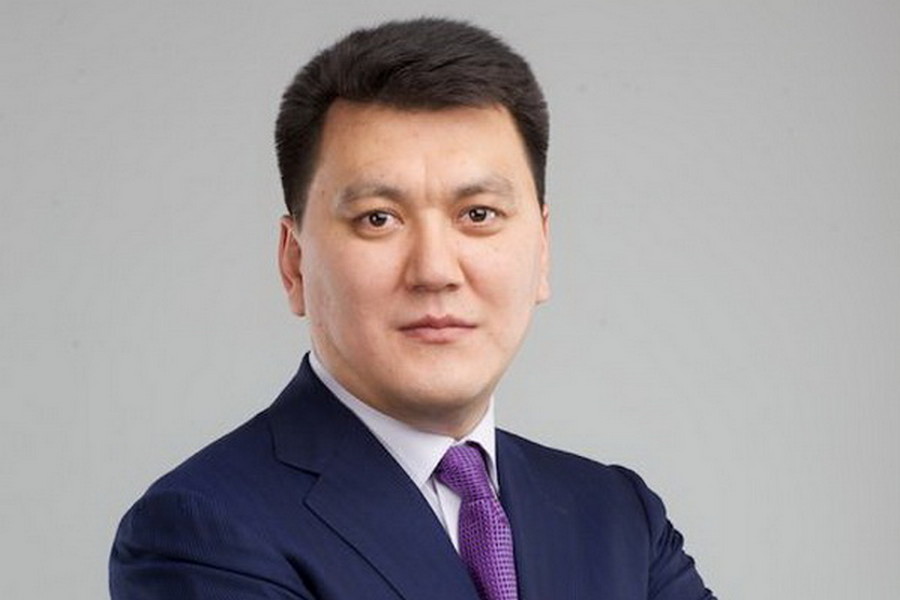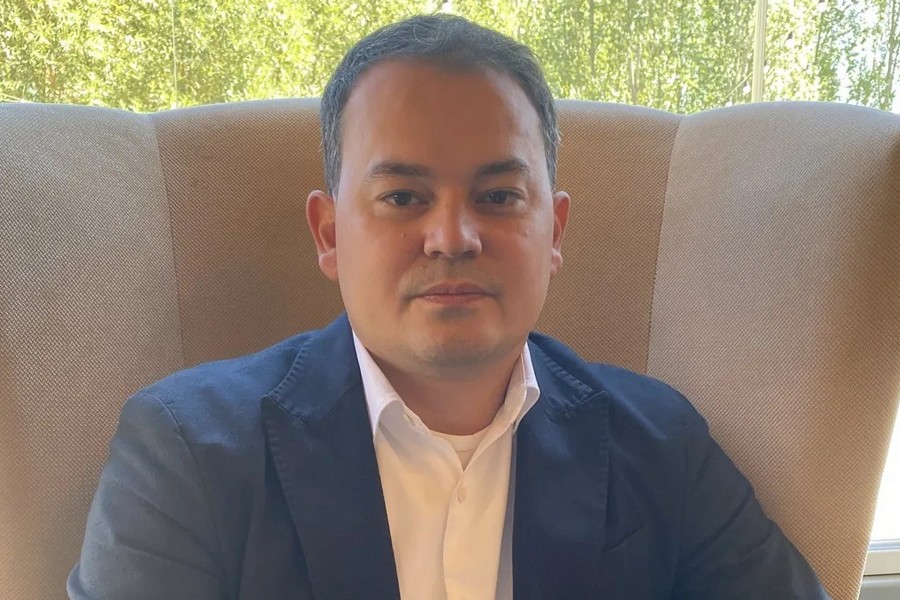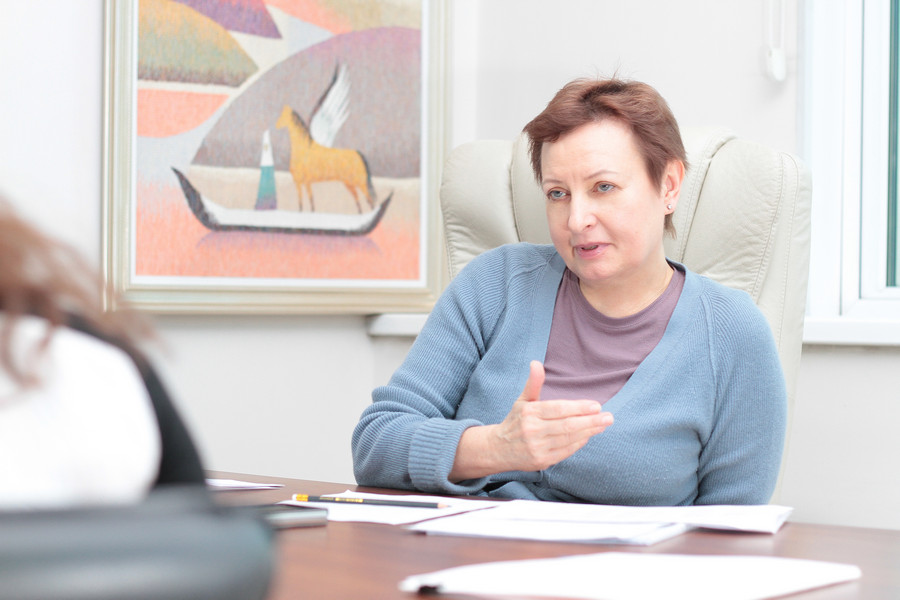Director of Kazakhstan Institute of Strategic Studies (KISS) Yerlan KARIN:
THERE MUST BE NO OVERESTIMATED EXPECTATIONS FROM INTRA-SYRIAN TALKS IN ASTANA

Astana is in anticipation of the pending Intra-Syrian talks, which, according to some information, may take place already in the Kazakh capital on January 23. As reported, the leaders of Russia and Turkey, Vladimir Putin and Recep Tayyip Erdogan, requested President of Kazakhstan Nursultan Nazarbayev to provide a platform for the talks in Astana. The head of Kazakhstan agreed to provide such a platform and instructed the country’s diplomats to get ready for the organization of the talks in Astana. It is known that not only representatives from official Damascus and the opposition but also from Russia, Turkey and Iran are to participate in the meeting. Director of Kazakhstan Institute of Strategic Studies (KISS) Yerlan KARIN shared his opinion in an interview with Interfax-Kazakhstan on what to expect from the new format of the talks in Astana.
- Yerlan Tynymbayevich, as it is known, several rounds of talks on Syria have already been held in Geneva. In your opinion, compared with Geneva how effective will be Astana as a platform for the talks?
- I think that it will not be quite correct to compare Astana and Geneva because talks in Geneva have been held in a more expanded format, representatives from several countries have taken part there at once and the Syrian opposition has been widely represented. The format of the talks to be held in Astana envisages the participation of representatives from three major countries - Russia, Iran, Turkey, as well as the Syrian government and part of the Syrian opposition. Therefore, there must be no overestimated expectations from the talks to be held in Astana.
- Then about what expectations from the talks in Astana is it possible to say?
- We are talking about the negotiations between the groups, which have a limited influence on some parts of Syria’s territory. Given all chaos over there in the literal sense, the presence of a large number of various warring armed groups, in no way it is possible to talk about some broad national dialogue or negotiations either in the Geneva or in the Astana format. Syria has long been fragmented; there is no standoff on the frontline, when the Syrian authorities are on one side and some opposition or insurgent forces, on the other side. At this point the sectarian war in Syria between various groups not to mention radical terrorist groupings is under way. We are talking at this point yet about the participation of several opposition groups, which are under the influence of this or that country. These countries have no influence on all the groups and not on the whole territory of Syria. Therefore it is necessary to talk about the possibility of a local truce in certain part of Syria.
But this does not mean that these talks should already be treated skeptically. Given that the sectarian war has engulfed not only Syria but also a large part of Iraq’s territory, it has long outgrown a civil war scale, and in fact we are facing the full-scale regional conflict. Given the high intensity nature of combat operations there, that is, daily shootouts, shelling, armed clashes between various forces, the achievement of any compromise, even in some part of Syria would already be a notable step now. Currently there must be no super expectations. Even the very fact that the sides are preparing and looking for different alternative formats, let it be the Geneva, let it be the Astana formats, let it be some other, if these countries can reach an agreement and secure it, would be a notable step.
- That is, the question will be in these negotiations as follows: whether the opposition members could agree among themselves?
- The Syrian opposition - this is the quite disparate coalition of different groups focused on various geopolitical forces. A large number of various countries have the interests in the Syrian conflict. These are Qatar, Saudi Arabia, and the United States, and so on. By and large, of course, it is necessary to negotiate through them, as well. But we have seen in the Geneva format that this has not resulted in anything special. In this case, again Turkey does not have influence on the entire Syrian opposition, not even on its majority, but only on a certain faction within Syria’s certain territory. So, here, I think, by and large, when we say that these are the talks on Syria, in practice, this is probably still the talks between the three major countries - Russia, Iran and Turkey - on the delimitation of the lines of their own influence on these parts of Syria. At the moment, as a matter of fact, there is military presence of these countries in this part of Syria. We are talking about Syria as a unified state but de facto it has disintegrated as a unified country.
- What then awaits Syria, in your opinion?
- At best, what awaits Syria? Splitting into various militarized zones of influence. For example, Russia will maintain control over some part, maybe Turkey, maybe, some other countries. This is one of the scenarios. This is not the subject of discussion in these talks.
Many experts, observers commenting on the upcoming talks mistakenly suppose due to the misunderstanding of Syria’s situation specifics that we are talking about some full-scale negotiations, where, on one side, the representatives of the Syrian opposition should sit. But the Syrian opposition is the notional concept. There are no unified Syrian opposition forces as such. These are various fragmented groups fueled financially and by other means by various states. At once, it would not be possible to bring together all of them. There is no confrontation [in Syria] between the authorities, the government and some rebel force as in the other cases, for example, in Latin America. Here is chaos, civil war plus a lot of external interests involved. In fact, this is a proxy war, the so-called hybrid warfare. We are watching the direct collision of interests of various geopolitical forces. So once again I repeat: there must be no super expectations. But even if these countries, these groups succeed in agreeing on the delimitation of lines of their own influence in some part of Syria, this would be a fairly good step. Now any attempts to reach a compromise, any kind of truce or at least to reduce the current level of clashes are important.
- Thank you for the interview!
January, 2017
© 2025 Interfax-Kazakhstan news agency
Copying and use of these materials without reference to the source is prohibited
Archive






